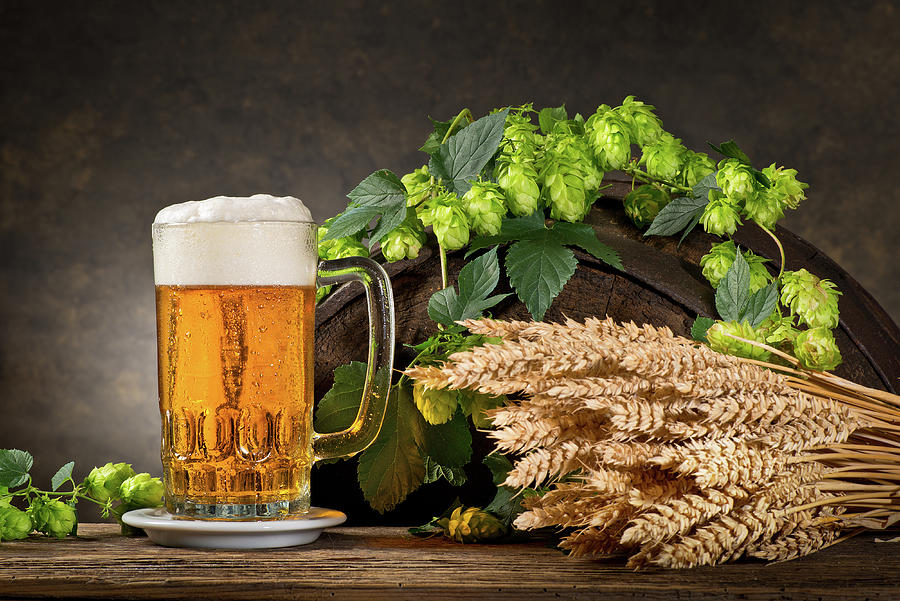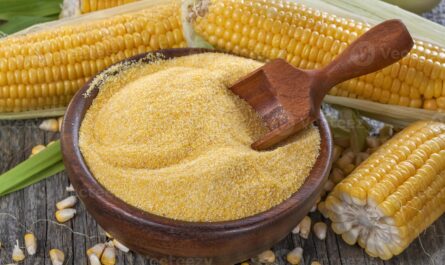The rise of cannabis infused beverages
Cannabis beverages have seen significant growth in popularity over the last few years as more states in the US have legalized both medical and recreational use of marijuana. Cannabis infused beverages offer consumers an alternative method of consuming cannabis that provides a slower onset and more controlled experience than smoking. With beverages, consumers can enjoy the effects of THC or CBD in a social setting without the harshness of smoking.
Many major beverage companies have entered the cannabis and released their own lines of infused drinks. For example, Constellation Brands, which owns Corona and Modelo beers, has invested heavily in Canopy Growth, a major cannabis Baverage producer. Canopy Growth in turn has launched several cannabis infused beverage brands including Tweed Beverages in Canada. Other large companies like Heineken and Molson Coors have also announced plans to explore cannabis beverages.
The existing beer, wine and spirits industries see cannabis drinks as an opportunity for growth. By leveraging their production and distribution infrastructure, these large beverage companies aim to dominate the cannabis drinks market as sales increase. However, regulations on marketing and accessibility differ greatly between jurisdictions and remain a challenge for large companies in this evolving landscape.
Health benefits of cannabis drinks
In addition to providing a social option for consuming cannabis, infused beverages offer certain health advantages over smoking. Drinking cannabis avoids the lung damage caused by smoking plant material and inhaling smoke. It also allows for more accurate dosing compared to methods like edibles where the effects may have a delayed onset.
For medical marijuana patients, beverages provide an easy way to consume small doses of cannabinoids throughout the day for chronic conditions. The slow release of THC or CBD into the bloodstream when consumed in a drink provides more consistent relief than inhaling which produces a rapid spike and then decline of cannabinoid levels. Many patients find relief from conditions like chronic pain, inflammatory disorders, anxiety and more through cannabis infused drinks.
Formulation challenges in cannabis drinks
While cannabis beverages offer consumers and patients an alternative option, developing consistent and stable infused drink formulations presents technical challenges. Cannabinoids like THC are hydrophobic or “fat-soluble” molecules which do not readily dissolve in water, the main component of most beverages. Finding the right balance of additives, extracts, emulsifiers and more to suspend the cannabinoids evenly throughout a drink takes significant research and testing.
Product developers must also consider factors like taste, aroma, appearance, shelf-life and safety requirements. The need for accuracy in dosage is also important to avoid producing drinks that are either too weak or too strong. Solving these formulation roadblocks will be essential for cannabis beverage companies to deliver consistent, high quality products at scale. Over time, as more clinical research is done, optimized methods can be established.
Popular cannabis beverage categories
As the market develops, a variety of cannabis beverage categories have emerged to suit different preferences. Beer, hard seltzers, sodas, juices and even alcoholic spirits are all being infused with THC and CBD extracts.
– Cannabis infused beers – Following the existing beer market, many marijuana brewers offersession IPAs, lagers and ales dosed with 5-10mg of THC or CBD per serving. Beers provide a familiar drinking experience combined with cannabis.
– Hard seltzers – Hard seltzers mix cannabis extracts into sparkling water with a touch of natural fruit flavor for a light and refreshing drink. These low calorie THC/CBD seltzers appeal to both health-conscious and casual cannabis consumers.
– Sodas and juices – Flavored sodas, lemonades, iced teas and fruit juices infused with cannabis extracts have grown in popularity. These palatable drinks open up cannabis to new audiences who aren’t beer drinkers.
– Cannabis spirits – Gin, vodka and rum makers are experimenting with cannabis “spirits” containing THC or CBD but without alcohol. These no/low options add to the diversity of cannabis consumption formats.
As consumption occasions expand, so too will the diversity of cannabis beverage choices available to consumers. Innovation will remain key to meet the preferences of both recreational and medical marijuana users.
Marketing challenges for cannabis drinks
While cannabis beverages have seen impressive growth rates, their marketing remains tightly regulated compared to other categories. Most jurisdictions that have legalized marijuana for adult use place heavy restrictions on all cannabis marketing and advertising. This presents hurdles for companies looking to build brands, educate consumers and keep up with competition.
Direct mass media advertising of marijuana products is generally prohibited, especially if content could reach minors. Health claims about the benefits of cannabis are usually not permitted in advertisements either. Packaging and labeling must avoid imagery or messages that could appeal to youth. Cannabis companies also have limited options for marketing on popular social media platforms.
These regulations aim to prevent normalization and promotion of marijuana use to protect public health. However, it constrains cannabis drink brands from effectively promoting themselves compared to non-cannabis beverage rivals. As the industry matures, balancing consumer education needs with regulatory obligations around health, safety and social responsibility will continue. With evolving social attitudes, some restrictions may gradually relax over time as well.
Growth potential remains strong
Despite the challenges, industry analysts project strong ongoing growth for cannabis beverages. Market research firms such as Grand View Research forecast the category achieving a compound annual growth rate upwards of 15% through 2028. As legalization spreads across North America and social stigma declines, awareness and trial of infused drinks is expected to rise rapidly.
Expanding availability through retail locations like dispensaries, liquor stores and grocery chains will also open new doors to consumers. If public health concerns can be successfully addressed, beverages offer a form of cannabis enjoyment that could appeal to a wide range of social occasions and new cannabis-curious customers. With the beverage industry now participating, cannabis drinks aim to establish themselves as a legitimate consumer product sector. Their future remains exciting albeit bumpy as this novel market continues to find its equilibrium.
*Note:
1. Source: Coherent Market Insights, Public sources, Desk research
2. We have leveraged AI tools to mine information and compile it.




